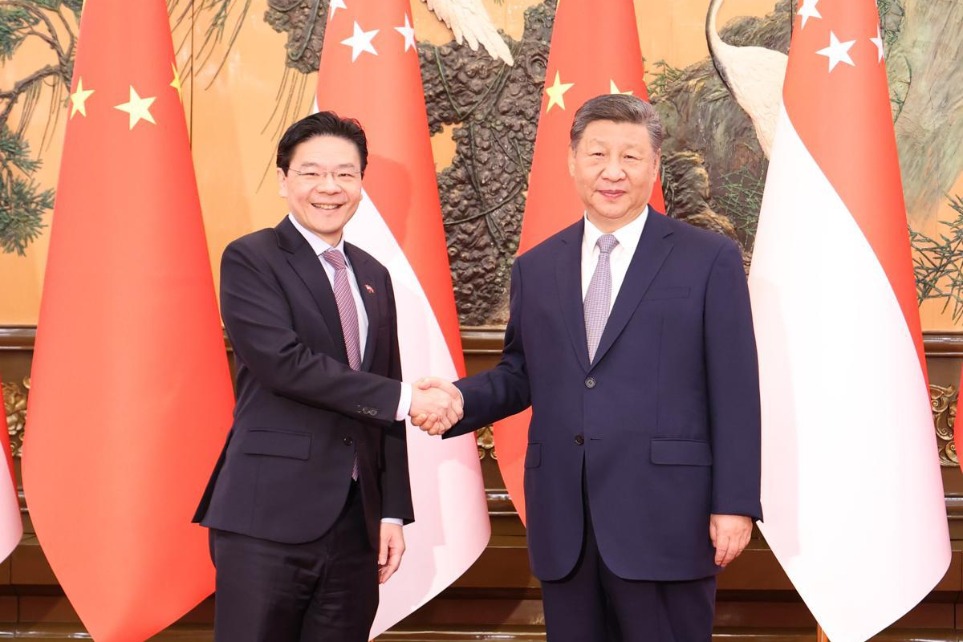Respecting and Protecting the Rights of All Ethnic Groups in Xinjiang


Editor's Note: The State Council Information Office issued a white paper titled Respecting and Protecting the Rights of All Ethnic Groups in Xinjiang, on July 14. Full text follows:
Contents
Preface
I. Civil Rights
II. Political Rights
III. Economic Rights
IV. Cultural Rights
V. Social Rights
VI. Rights of Women and Children
VII. Freedom of Religious Belief
Conclusion
Preface
Full realization of human rights is one of the great dreams of all humanity, and a goal to which the people of China, including those of the ethnic groups in Xinjiang, have long aspired.
Xinjiang has been home to numerous ethnic groups since remote antiquity, and all the groups in the region are closely related members of the broader family of the Chinese nation. In 60 BC, the Western Han Dynasty set up the Western Regions Frontier Command, and Xinjiang was formally incorporated into the territory of China, becoming an integral part of this unified multiethnic country.
Before the founding of the People's Republic of China (PRC) in 1949, the people of Xinjiang suffered oppression from invading imperialist forces, the feudal exploiting class and the privileged religious hierarchy. At the bottom of the social ladder, they were deprived of basic human rights.
In 1949, the Chinese people led by the Communist Party of China (CPC) overthrew the forces of imperialism, feudalism and bureaucrat-capitalism, and founded the PRC. The people of Xinjiang, together with the rest of the country, were liberated and became masters of their own country.
The PRC regards equality, unity and common prosperity for all ethnic groups as the basic requirements for managing ethnic affairs and handling ethnic relations. It established the system of regional ethnic autonomy in areas inhabited by ethnic minorities in compact communities. By 1954, Xinjiang had established five autonomous prefectures and six autonomous counties. In 1955, the Xinjiang Uygur Autonomous Region was founded. The establishment of these autonomous divisions effectively guaranteed the democratic rights of people in Xinjiang to be masters of their own affairs, and started a new era of socialist ethnic relations characterized by equality, unity, mutual assistance and harmony. Xinjiang ushered in a new stage of economic and social development, and better protection of human rights.
For more than 70 years since 1949, the CPC and the Chinese government have upheld a people-centered approach to human rights protection, treating the rights to subsistence and development as the primary human rights. Integrating the principle of universal human rights with the country's realities, China has enriched its strategy for the governance of Xinjiang with the following guidelines: governing Xinjiang in accordance with the law, maintaining stability in the region through ethnic unity, nourishing the cultures of Xinjiang, promoting prosperity among the local population, and developing Xinjiang from a long-term perspective. In this process, China has given priority to securing and improving people's wellbeing, advanced various undertakings in Xinjiang, and shared the fruits of reform and development with people of all ethnic groups, so as to guarantee their equal rights to participation and development. Thanks to these efforts, human rights have made steady progress in Xinjiang.































